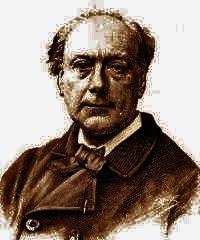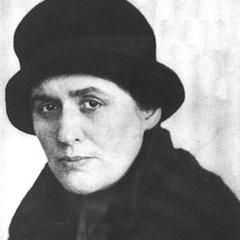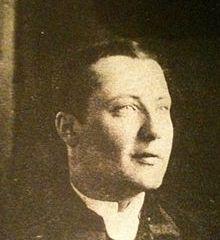William Shakespeare Quotes - Page 76

Out of this nettle - danger - we pluck this flower - safety.
If they love they know not why, they hate upon no better ground, they hate upon no better a ground
All fancy-sick she is and pale of cheer, with sighs of love, that costs the fresh blood dear.
Take but degree away, untune that string, and hark, what discord follows!
Britain is A world by itself, and we will nothing pay For wearing our own noses.
O, what a world of vile ill-favored faults, looks handsome in three hundred pounds a year!
It is the purpose that makes strong the vow; But vows to every purpose must not hold.
Tis but a base, ignoble mind That mounts no higher than a bird can soar.
The brain may devise laws for the blood, but a hot temper leaps o'er a cold decree.
Have more than thou showest, Speak less than thou knowest, Lend less than thou owest.
Man, proud man, Drest in a little brief authority, Most ignorant of what he's most assured.
For where is any author in the world Teaches such beauty as a woman's eye?
Diseases desperate grown By desperate appliances are relieved, Or not at all.






